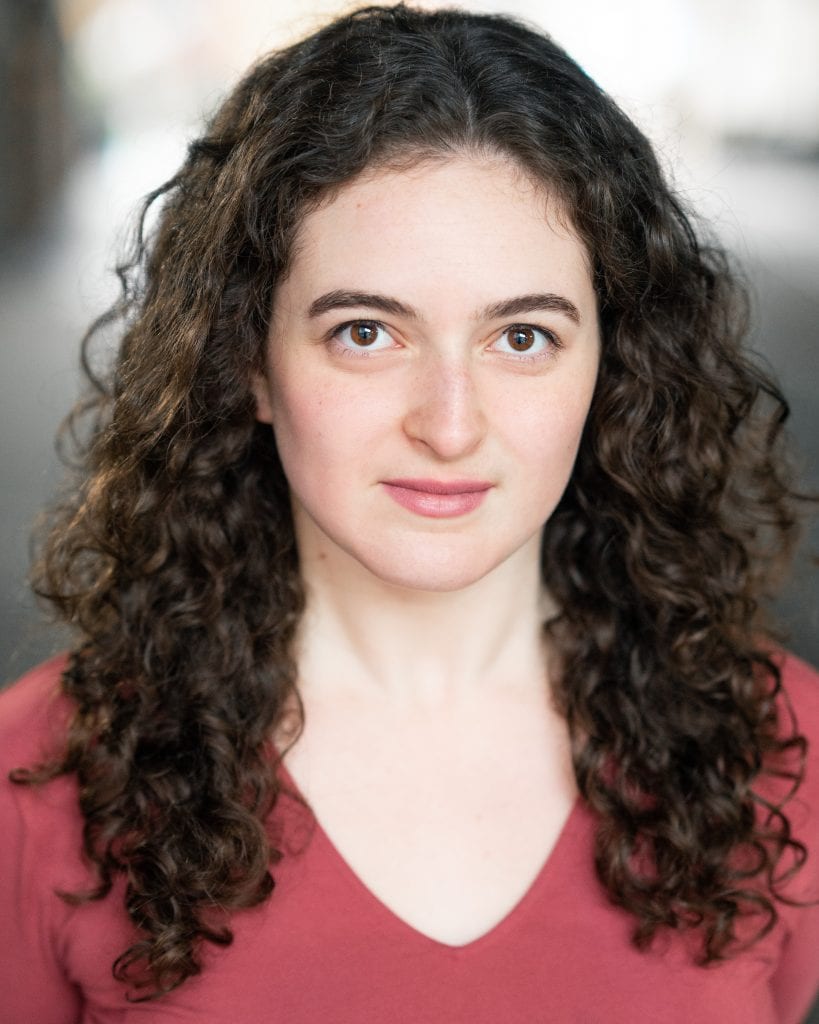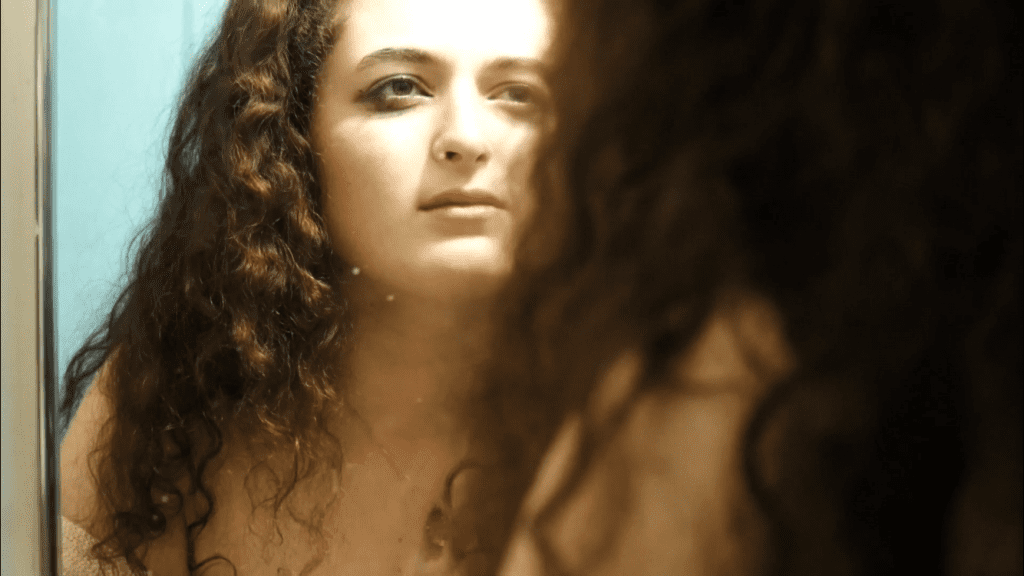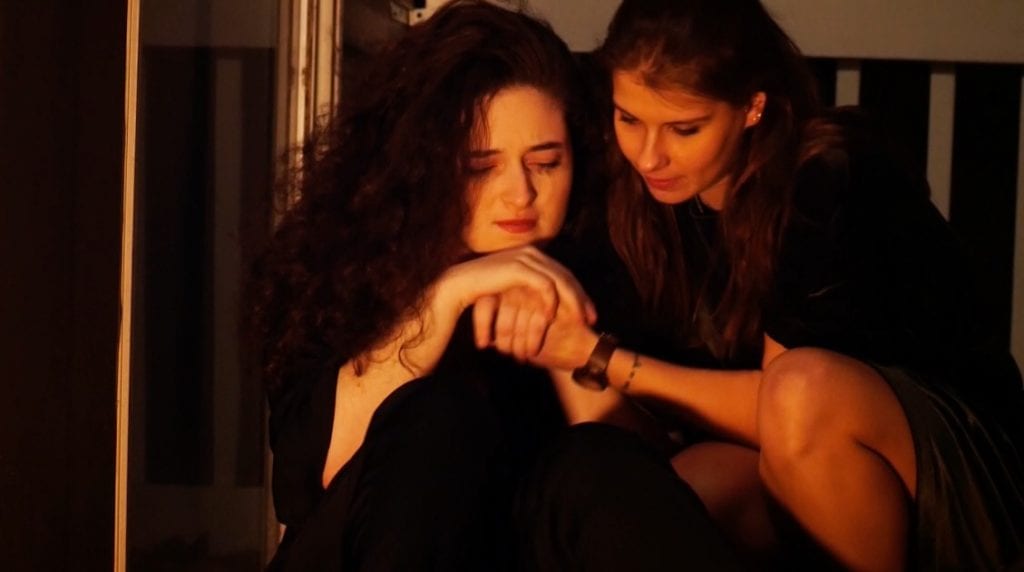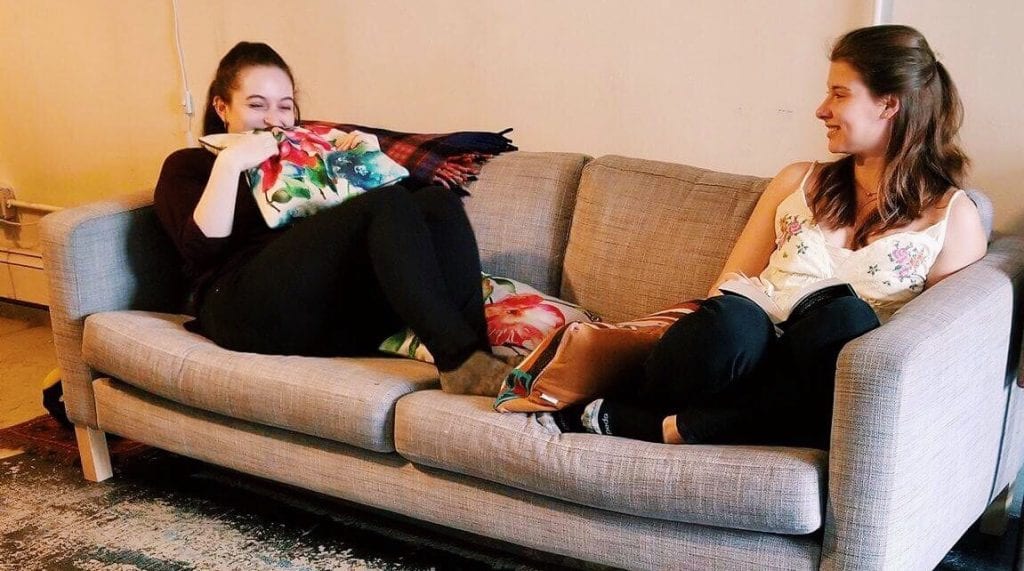Interview with Sophie Max, Writer and Protagonist of Callie
Interview by Rebecca Raymer
Copy Edited and Posted by Jessica Gibbons
Callie tells a deeply personal story of close friends navigating the tumult following a sexual assault. It is a provocative film that sheds light on subjects not often discussed, such as how a close friend of someone experiencing the fallout of sexual assault can intervene in a positive and supportive way. As someone who has experienced sexual violence and friendships with people who have experienced sexual violence, Callie resonated quite strongly with me. What was your inspiration for this brave story?
I’m so glad that Callie resonated with you. My aim was to create a story about mental health and the aftermath of sexual assault that was raw and honest, so it is great to know that I achieved that. My inspiration came from my own experiences, friends, and movies I love that had female leads who made me think and feel in a new way, such as Mike Mills’ 20th Century Women and Greta Gerwig’s Lady Bird. I have always wanted to write the kind of dynamic, complex female characters that I want to play as an actor and that I wish I had seen more of on screen as a child. I have also always been inspired by strong female friendships, both in my personal life and in art, so I wanted to tell the story through the lens of a powerful female friendship.
Callie was inspired by an amalgamation of personal experiences, and writing it was definitely an outlet, but I also wanted women, people dealing with mental illness, and sexual assault survivors across the world to watch the film and feel seen, understood, and comforted. I wanted them to feel that they are not alone. How much more openly would we as a society be able to talk about mental health if there was more art that depicted it in a non-stereotypical way, without judgement?
The inspiration for the characters Callie and Jenn came to me totally unexpectedly. One night as I was falling asleep, out of nowhere I saw the first three scenes play in my mind. Thoughts and ideas had probably been swirling around my brain for a while, but they suddenly all came together; I knew who I wanted to write about and the story I wanted to tell. The first draft came flowing out in a matter of hours.
Callie depicts sexual violence and mental illness from an intimately gendered point of view that is not often represented by women in film. Do you feel it is important for women and girls to see these types of stories told by women not only as actors, but as writers and directors too? In addition to writing the script, you play the role of the title character in the film. Your chemistry on screen with Fay Koulouri (Jenn) is fantastic. How was Fay chosen for this part?
Yes! I am a firm advocate for people being given a voice in telling their own stories. In this case, sexual violence and mental illness as experienced by a young woman, written and directed by women who intimately understand this experience. That is one of the things that drives me as a writer. It takes incredible skill to honestly write an experience that is so far removed from your own and (not to generalise, but) often that means that female characters and issues like these are at a disadvantage. There are so few films that honestly portray young women dealing with mental health in a way that isn’t a stereotype, or sexual violence that isn’t just a plot device. Especially nowadays when these issues are sadly so prevalent, it’s vital to have them portrayed realistically in art. Not only because it can resonate with and help people who have experienced these things, but because art, especially movies and TV, is so accessible to the public. The arts make people think, teach them empathy, start dialogues, and have the power to challenge and change people’s thinking. We can use art to give people who have no experience of mental illness or sexual violence (for example) an insight into their true effects.
According to studies, suicide is the second most common factor of death before the age of 25 across the world. One in five women will be raped in their lifetime in the U.S.. There is so much more I could say about how these statistics change among different groups, but it is safe to say that there is currently a mental health and sexual abuse crisis. I feel obligated as an artist to shine a light on these issues in my work. I believe it is incredibly important as a woman to tell our stories honestly and empathetically, to counteract the prevalent misleading or two-dimensional characterizations of women and these issues. We need more women in front of the camera, behind the camera, and writing the scripts to tell our own stories.
Playing Callie is one of my proudest moments of my career so far. The story hinges on the relationship between Callie and Jenn, so it needed to be powerful. It was also important to me to assemble the right team because there needed to be an environment of safety on set due to the challenging nature of some of the scenes. Fay is an incredibly nuanced actress. We trained together at the American Academy of Dramatic Arts and became great friends. She was my first choice when I was thinking of who to cast as Jenn because I knew she would bring the love, fierceness, and vulnerability that the role needed, and I knew that that chemistry would be there because of our friendship. Luckily, she loved the script as much as I did and was so invested and hardworking. I love how our and our characters’ relationship shone through on screen.
I was a co-writer on a short film that I didn’t direct, and I had to suppress some serious control issues during filming. How did you handle giving the reins to Jessica Fornear to direct a film you wrote and starred in?
It is such a vulnerable position to hand over your script, which feels like a piece of your heart, and let other people have control over making it. That is why the most important thing to me was to assemble a great team who were passionate, hardworking, and who I trusted implicitly. Jessica is not only a talented director (she had directed me in another film before Callie), she is an actress herself (so she is great at directing actors) and an incredibly kind person. I was definitely nervous about handing over the reins, but I knew that Jessica understood my vision for the film and wanted to tell the story honestly and with sensitivity. It was a very collaborative process on set, so I was still very much a part of decision-making processes. When it was time to act, I was grateful to have Jessica at the reins so I could focus on giving everything to my work as an actor.
Karya Sezener’s choice of music in the film paralleled seamlessly with the storyline. Was the score written specifically for this film?
Karya is such an amazing musician, and she’s actually been one of my best friends since we were teenagers! She was the first person I suggested to Cinema Scape Studios when we were assembling a team. She wrote the score specifically for the film, and I was so moved by how perfectly she captured the tone we were looking for. Karya and I talked a lot about what emotion I wanted to elicit, and then she wrote from the finished cut of the film. Because we have such a close relationship, we were able to have a really open dialogue throughout the process. The score adds so much to the film.
Presenting a storyline outside of typical chronology is difficult to pull off, but it really worked in this film. What influenced your decision to tell the story in this format?
I had the idea of the almost cyclical structure right from the outset. When I got the idea for the beginning of Callie, I saw the first three scenes in my mind, exactly as they are in the movie, and I kept writing from there. It is a dark, tragic story, but I wanted to leave the audience with some hope, almost an uplifting feeling. I also wanted to explore the idea of nostalgia influenced by love and of choosing how we remember someone. That’s what the chronology represents to me; it is Jenn deciding that she wants to remember Callie as bright as she was when they met, rather than how she was by the end, because she loves her.
I was particularly struck by the scene in which Callie is quite cruel to Jenn in response to Jenn’s persistent inquiries about Callie’s wellbeing. It was incredibly uncomfortable to watch but resonated with my own experiences as to the enormity of the isolation I felt as a victim of sexual assault and how difficult it was for anyone to permeate that state of mind. How did you prepare yourself as an actor for this dark, deeply emotional scene?
The fact that that scene struck a chord with you means so much to me; it is an important turning point in the narrative. It was incredibly taxing and challenging to film, and I definitely felt the pressure in the lead up to the day we were filming that scene. I was nervous because I needed to dig into the truth of that experience, and I knew it needed to be completely raw. The safe environment Jessica created on set and the trust I had in her and Fay helped me to be so vulnerable. Everyone on set treated the scene and the subject matter with so much respect and gentleness. I did a lot of work on the character and the scene prior to shooting, and on the day I had some time beforehand to emotionally prepare. I think that that feeling of isolation, as you said, is so common that I could easily draw on how that feels to get into Callie’s mindset in the scene. In challenging scenes, it’s so important to check in with yourself; I made sure to notice how I felt and what personal experiences it was not safe to draw on in my work. Then, I had to just go out there, breathe, ground myself and be present in the moment, focus on Jenn, and trust that Callie and the work I’d done was ingrained deep enough in my heart that it would happen.
As a writer, I often imagine certain actors playing certain roles as I’m writing the script. Did you write this film intending to play Callie?
That’s so interesting. I don’t write with actors in mind; I dream up characters, give them a voice on the page, and don’t even think about casting until the script is finished. I wear different ‘hats’ as an actor and a writer, though of course they are related. For example, I often bring what I know about character from acting into my writing. I actually decided to play Callie myself pretty late in the game. Once the script was finished and we were starting casting and pre-production, I was trying to think of anyone I would suggest for the role. That was when I realised that the story meant so much to me and the character of Callie was so close to my heart that I couldn’t bear to trust anyone else with her. I knew I would regret it if I didn’t play her myself.
Do you identify more strongly as a writer or an actor, or are they intrinsically entwined with who you are as a creator?
Acting is my first love, and I am first and foremost an actor. I have been writing short stories and scripts since I was a child. Making Callie, I gained confidence in my voice and who I am as a creator. I realised the value of my writing as a way of standing up for issues that matter to me. It gave me the confidence to publish my book of poetry, lost and found, which is available on Amazon worldwide, and to keep writing screenplays and making films. Although I am mainly an actor, I will always love writing and aim to continue intertwining them as part of my career.
Do you have any other film projects in the works that we can look out for in the future?
Yes! I’m currently in pre production and fundraising for my next film, Do I Have A Choice?, which is also about sexual assault and healing (though a very different story to Callie). I’m going to start filming in early 2019, so look out for that!
You can watch Callie‘s trailer here and follow the film on Instagram, Facebook, and Twitter. Learn more about Rebecca by visiting her profile.




